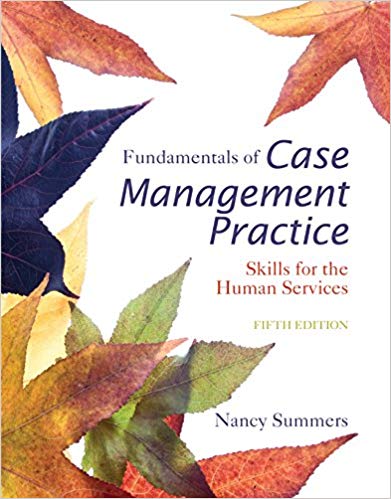Margie is in a sheltered workshop for people with developmental disabilities. She does well at work and
Question:
Margie is in a sheltered workshop for people with developmental disabilities. She does well at work and has many friends. She lives with her mother, and her mother is not happy with the new level of independence Margie is developing. She often goes out with others from work and the supervisors for dinner on Friday night. She has joined a social group for individuals with disabilities much like hers, and they go bowling and to the movies. Margie has, since she went to the sheltered workshop, learned how to use the phone to make appointments with her doctor and dentist and how to ride the bus to and from both work and the social club, and she has been shopping to buy her own clothes twice with her case manager. Margie’s mother complains about all this. She tends to blame Margie for leaving her alone at night and making her unhappy. “Since your father died, you’re all I have,” she tells Margie. Margie’s response to this is to cry and stay home and give up some of her independence. Sometimes she has missed work, hoping to make her absences up to her mother.
Interventions on the micro level:
Interventions on the mezzo level:
Interventions on the macro level:
Look at the four cases above and decide how you would intervene on three levels: the personal (micro), the contextual or social context immediately surrounding the client (meso/mezzo), and the larger environment (macro).
Step by Step Answer:

Fundamentals of Case Management Practice Skills for the Human Services
ISBN: 978-1305094765
5th edition
Authors: Nancy Summers





